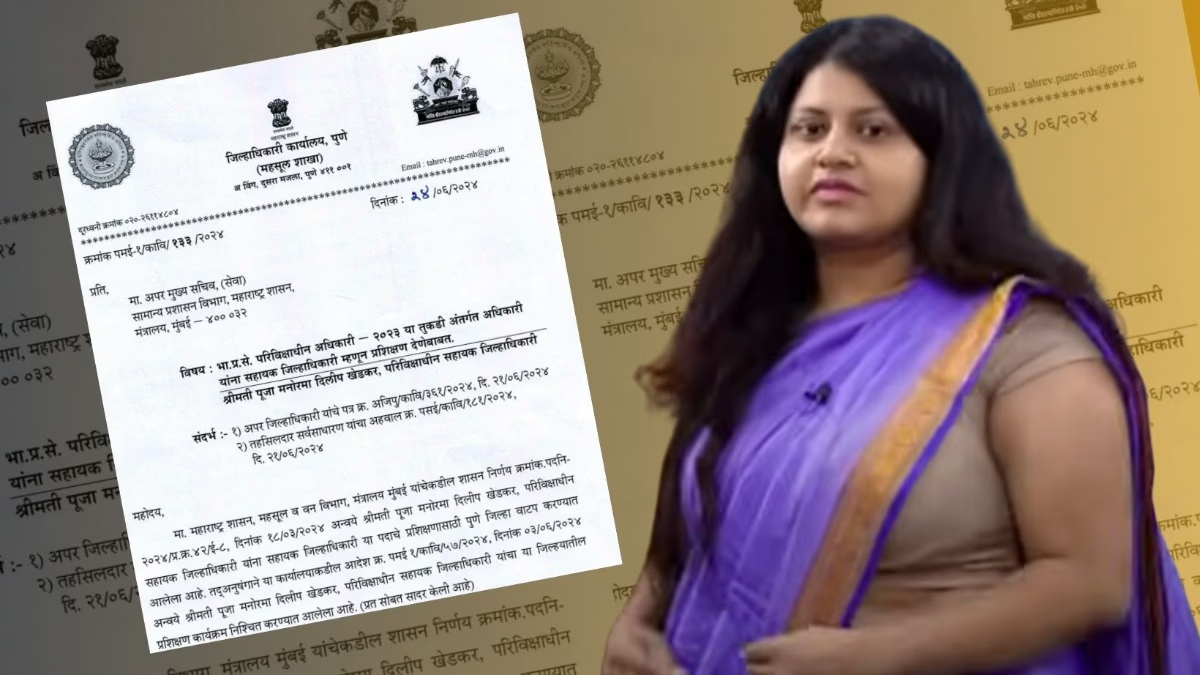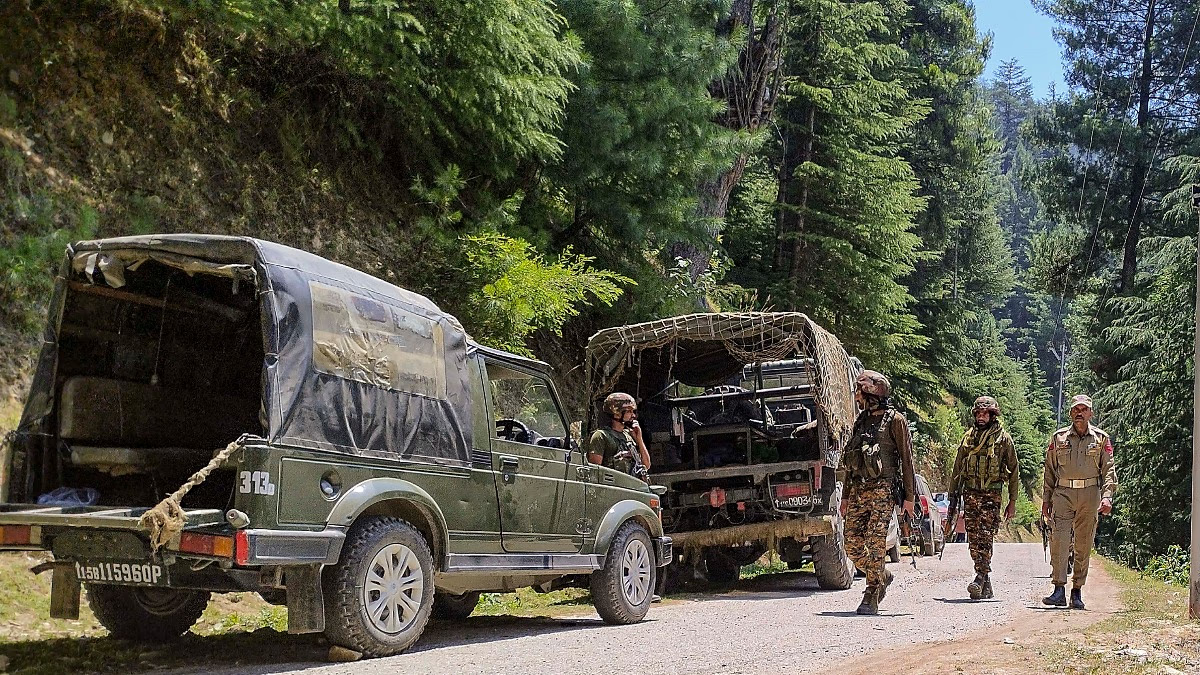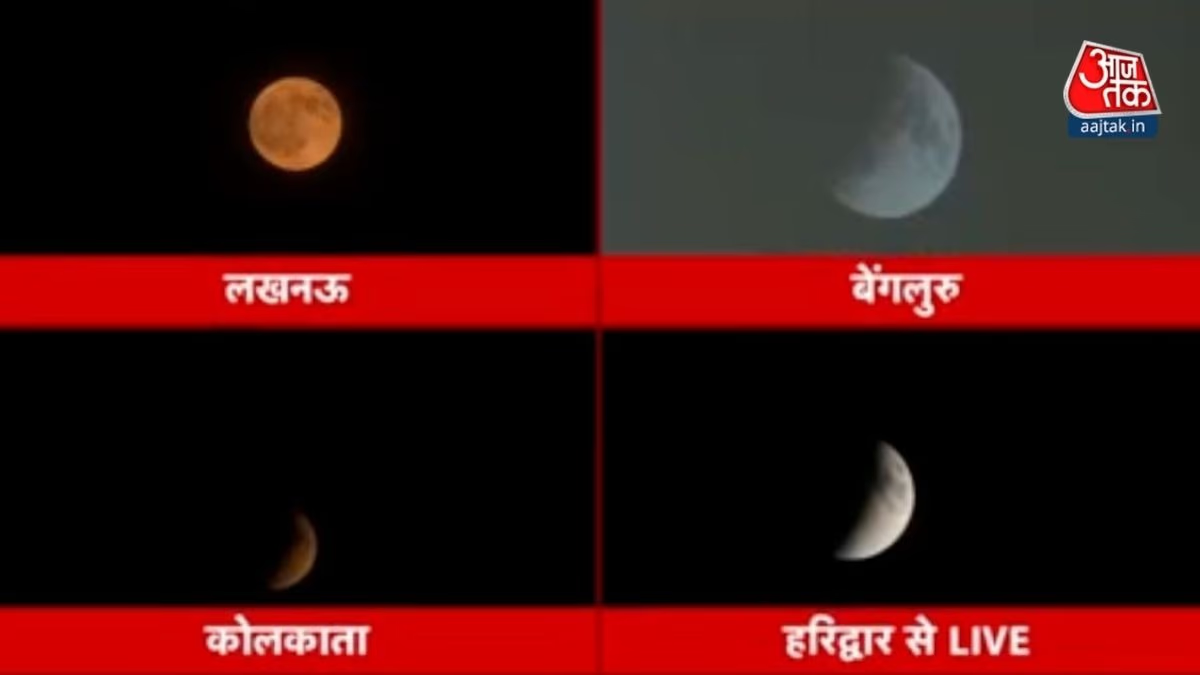On the evening of July 15, social media was abuzz with the trending hashtag #UPSCScam. Concerns are being raised about the legitimacy of quota-based selections in the UPSC exams. Amidst the controversy surrounding IAS officer Pooja Khedkar, another name has started to circulate. Ever since Maharashtra's trainee IAS Pooja Khedkar came into the spotlight, questions are swirling about the possibility of mentally ill individuals securing IAS positions via quota. This issue gained momentum following a complaint by Pune's District Magistrate Duhas Divase to the state chief secretary. Let's delve into the complete UPSC selection process facilitated by the disabled quota.
21 new disabilities have been recognized: IAS Ira Singhal
IAS officer Ira Singhal, who was posted in Arunachal Pradesh, aced the UPSC exams in 2014, clinching the All India Rank 1. Battling with musculoskeletal disability (scoliosis), Ira has fought a long struggle. In a conversation with aajtak.in, IAS Ira revealed that the disability quota covers four categories (orthopedic, visual, hearing, and multiple disabilities). She continued to say that under the RPwD (Rights of Persons with Disabilities) Act, 21 disabilities have now been recognized, many of which are mental illnesses. Acid attack survivors have also been included. The protocol dictates that when a candidate claims to have a disability on the form, the verification is conducted upon their selection for the interview round. For this process, UPSC arranges appointments with designated medical boards at major government hospitals in Delhi and conducts verification simultaneously with other candidates. The medical board is affiliated with UPSC.

Source: aajtak
IAS Ira explained that with the new RPWD, 21 disabilities have been added to the registry. For example, every service in UPSC says, 'I want to take people with this disability; I want to take those.' The Commission, following DOPT rules, must identify jobs for PH candidates. Social media is rife with various rumors regarding the quota. Some say that quota beneficiaries have joined IPS services, which is not possible. No PWD candidate can enter IPS or police services. Ira mentioned that in the case of Pooja Khedkar, a candidate is on probation for two years. If their medical verification is not completed within these two years, they are removed from service. The rules are quite explicit; postings are conditional until the quota is approved.
A minimum of 40 percent disability is accepted
Pushpendra Srivastava, a teacher at Vision IAS coaching institute in Mukherjee Nagar, indicates that as far as his understanding goes, any sort of disability in a candidate should be at least 40 percent. If a medical board certifies 40 percent disability, it is accepted at the primary level. When candidates are selected, an officially recognized medical board appointed by UPSC determines whether the candidate is truly disabled. He explains, using Pooja Khedkar's case as an example, that due to the pandemic, she did not visit the medical board and kept postponing it. During the coronavirus period, she repeatedly sought extensions and meanwhile accepted a job. When given another date, she failed to show. He illustrates that if you've seen someone suffering from polio who doesn't get selected, it must mean that their disability wasn't 40 percent. If a candidate claims a particular quota, UPSC ensures its verification; no advantage of any quota can be given without a certified certificate.
The term of disability is also predetermined
According to the Department of Personnel & Training's website, either the central or state government forms a medical board comprising three doctors. At least one out of the three doctors must be a specialist in the area of disability being assessed. If the board confirms a person's disability, then they are considered eligible for employment. The board may also decide the duration for which the disability might last. If the board sets a specific timeline, the individual is not considered disabled after that period elapses.
What does the RPWD Act 2016 state?
In 2016, the government enacted the Rights of Persons with Disabilities Act (RPWD Act) which delineates reservation for five kinds of disabilities. UPSC has categorized these into various jobs. Recently, a few more conditions were added under the RPWD Act, and these five disability categories are referred to as 'benchmark disabilities.' Let's learn about these five benchmark disabilities:




